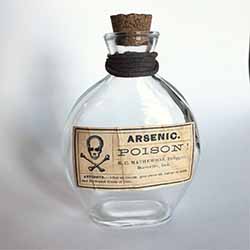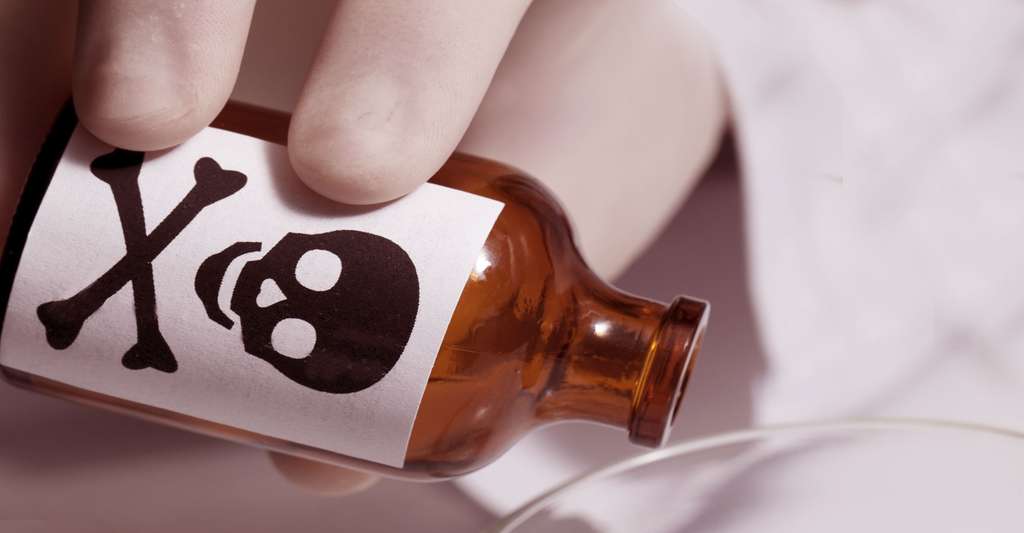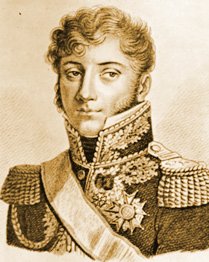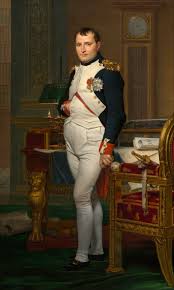Napoleon Bonaparte Death
Was France First Emperor Poisoned ?

Napoleon Bonaparte, first emperor of France, military and general of the First Republic, died in 1821 in Saint Helena in rather mysterious circumstances that one attributes to a serious ulcer of the stomach. More than a century later, Dr. Forshufvud takes interest in the story of Napoleon and publishes a book in which he insinuates that the famous character might have been poisoned with arsenic by a ghost hand. The book of the Swedish dentist is first swept away because of insufficient evidences.

A few years later, several hair samples belonging to Napoleon Bonaparte are analyzed by Glasgow forensic scientists who found significant traces of arsenic. Newspapers seize the case and a real media storm is triggered; first the Sunday Telegraph followed by France-Soir and the Sunday Journal, people want to know the truth behind the death of Napoleon Bonaparte.

Ulcer of the stomach or cancer?
According to autopsies practiced on the body of the French Emperor, the death of Napoleon would be attributable to a serious ulcer that would have then degenerated into cancer of the stomach. But for the toxicologist Forshufvud, the thesis of a cancer must be abandoned because such a tumor should have greatly reduced his victim, but it turns out that Bonaparte was still very fleshy at the time of his death. The Swedish dentist rather explains the death of Napoleon by a slow poisoning with arsenic and an English doctor does not fail to point out the absence of hair on the body of the deceased, symptom frequently observed in arsenic poisoning cases.
Many discomforts

It seems that throughout his life, the famous military general has been struggling with various health disorders: many crises strangely resembling epilepsy, severe stomach pains, terrible migraines ... So many symptoms that can make believe in poisoning but can also be explained in many other ways. And why not just give him a lethal dose? Would the mysterious assassin have taken a sadistic pleasure in rendering Napoleon sick? And if the malaise of Bonaparte was explained rather by its harmful consumption habits?
A deadly mixture

In his book, Forshufvuf notes that the details of Napoleon's autopsy mention large amounts of coffee on his stomach wall, a very acidic drink. The French emperor is also known to have regularly consumed an orgeat syrup made of bitter almonds. Forshufvuf argues that the combination of a drug prescribed to Napoleon to relieve him of his abdominal pains, calomel, and drinks generally consumed by Bonaparte could cause a fatal hemorrhage similar to the effects of mercury cyanide.

The ghost hand
Who could have wanted to take Napoleon Bonaparte's life and above all, for what reason? What motive could the mysterious assassin have? The only potential suspect would have been the general Montholon, but the latter was a fervent supporter of Bonapartism, very close to Napoleon, and in all likelihood can not be the murderer. In addition, Napoleon had already been suffering for a good ten years before Montholon mingled with history.

The tick of Bonaparte
Did the emperor simply fall victim to his way of life and unclean temperatures that did not allow his body to recover? Whatever one may think, Napoleon Bonaparte's ulcers probably explain his famous tic, his right hand slipped between the buttons of his jacket, at the stomach level.
New development
More recently, Italian scientists casted a shadow of doubt over the theory of arsenic poisoning. Using nuclear physics, they've shown that the hair of the Bonaparte family is abnormally rich in arsenic and that, from early childhood. However, this does not exclude beyond doubt the thesis of a murder by poisoning. The causes surrounding the death of this great character that is Napoleon Bonaparte remains mysterious and will probably never know what really killed the emperor.









































































































































































































































































































































